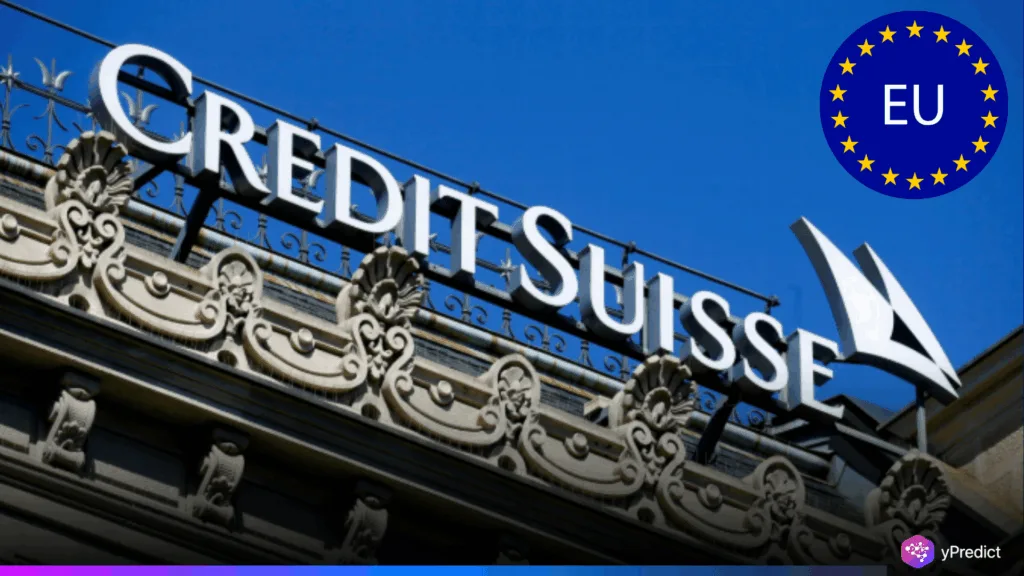
The European Union’s General Court has significantly lowered Credit Suisse’s fine in the forex cartel case. The fine was lowered from €83.2 million to €28.9 million following a comprehensive court review. The European Commission’s initial fine assessment was rejected by the court.
However, the Swiss bank was discovered to have engaged in currency manipulation. The case concerns a December 2021 ruling that penalized several banks for collusion in foreign exchange markets. Additionally, Credit Suisse was given a different decision because it declined to assist with the EU investigation.
How Did Traders Secretly Coordinate Currency Manipulation?
The forex cartel case exposed how big international banks secretly exchanged private currency trade data in chat rooms. Traders used platforms like “Sterling Lads,” which reduced market competition, to coordinate their activities. Additionally, rather than competing fairly, this kind of trading collusion enabled banks to manage risks collectively. As a result, consumers suffered losses, and confidence in the financial industry was shaken, undermining market transparency.
EU Fined Credit Suisse Separately in Forex Cartel Case
The commission penalized several banks; only four, Barclays, RBS, HSBC, and UBS, chose to cooperate with the investigation. As a result, UBS was exempt from fines, and other companies faced less severe sanctions. However, Credit Suisse chose not to participate in this settlement and was subject to a different decision.
After identifying mistakes in the Commission’s fine assessment, the General Court lowered the fine to €28.9 million. However, the Court upheld the bank’s involvement in the cartel.
The case brings up more general issues regarding financial institution accountability and market transparency. Five large banks were fined €1.07 billion in 2019 for their roles in earlier currency manipulation cartels. Additionally, it contains “Essex Express” and “Three Way Banana Split.”
Forex Cartel Case Raises Flags for Future Market Regulation
The Credit Suisse fine was revised, raising questions about the way regulators determine penalties for crimes involving cartels. The decision supports the demand for more consistent and accurate setting standards. Banks might be subject to more scrutiny in future cases involving trading collusion or currency manipulation.
Additionally, internal compliance frameworks are probably going to change. This conspiracy was centered on unofficial chat rooms. Institutions may soon adopt stronger internal controls, more stringent audits, and monitoring tools as standard practices.
Will Banks Change After the Credit Suisse Ruling?
The forex cartel case serves as a warning to global financial institutions. Credit Suisse gains financially from the lowered fine, but the ruling also validates its role in market manipulation. Consequently, regulators are expected to increase oversight, and banks must move quickly to improve compliance. The case also emphasizes how important it is to maintain market transparency at all levels of the financial system.







